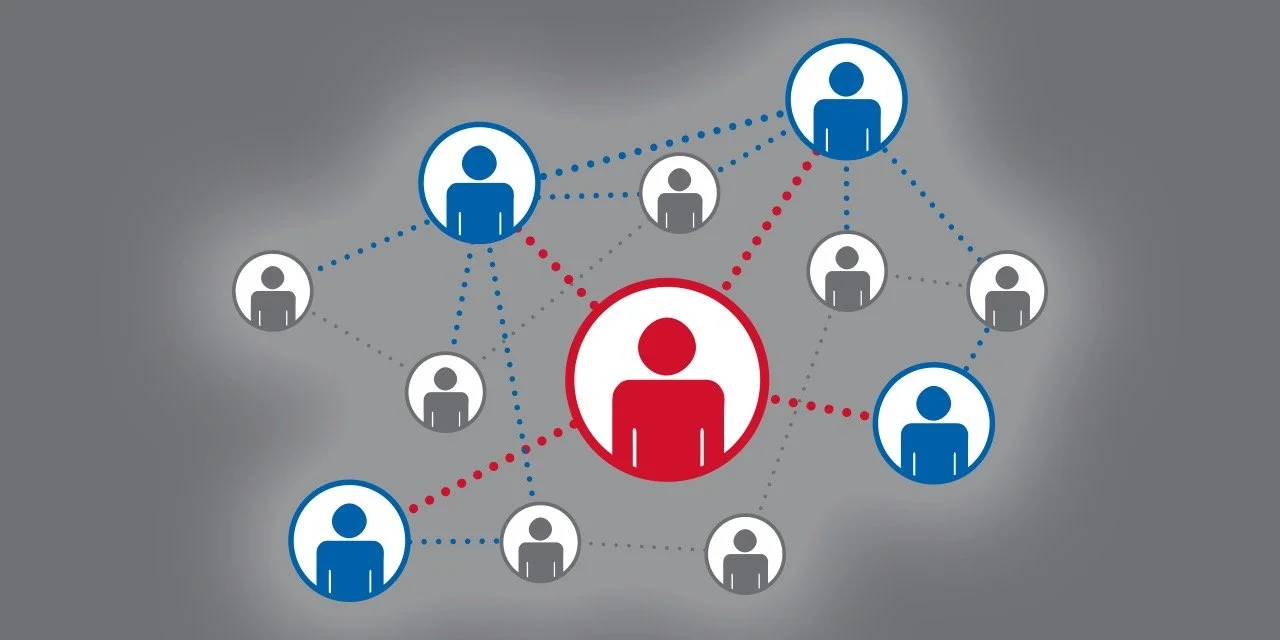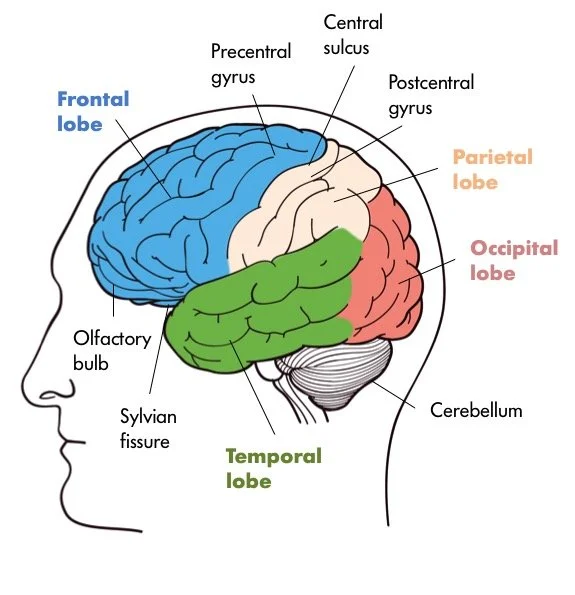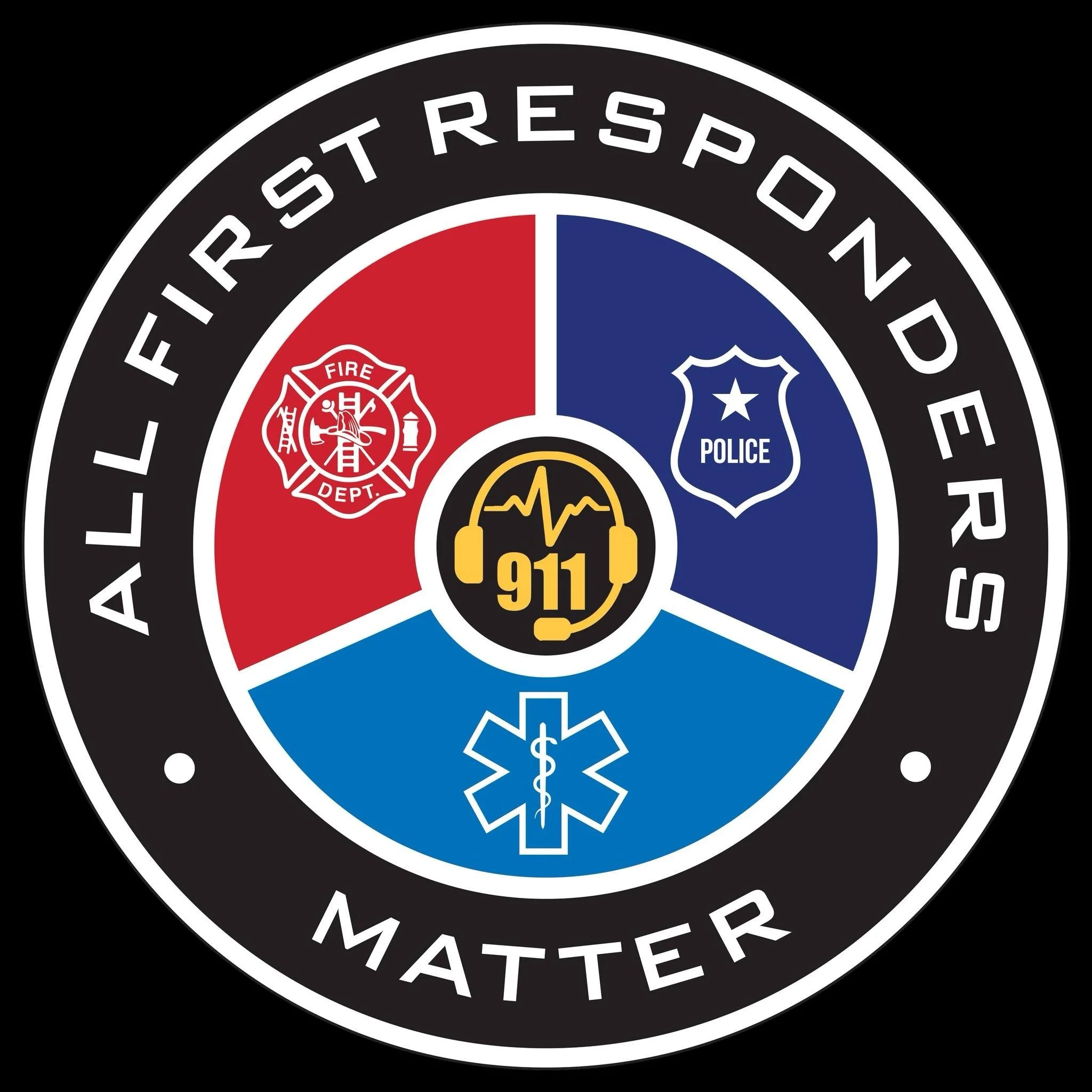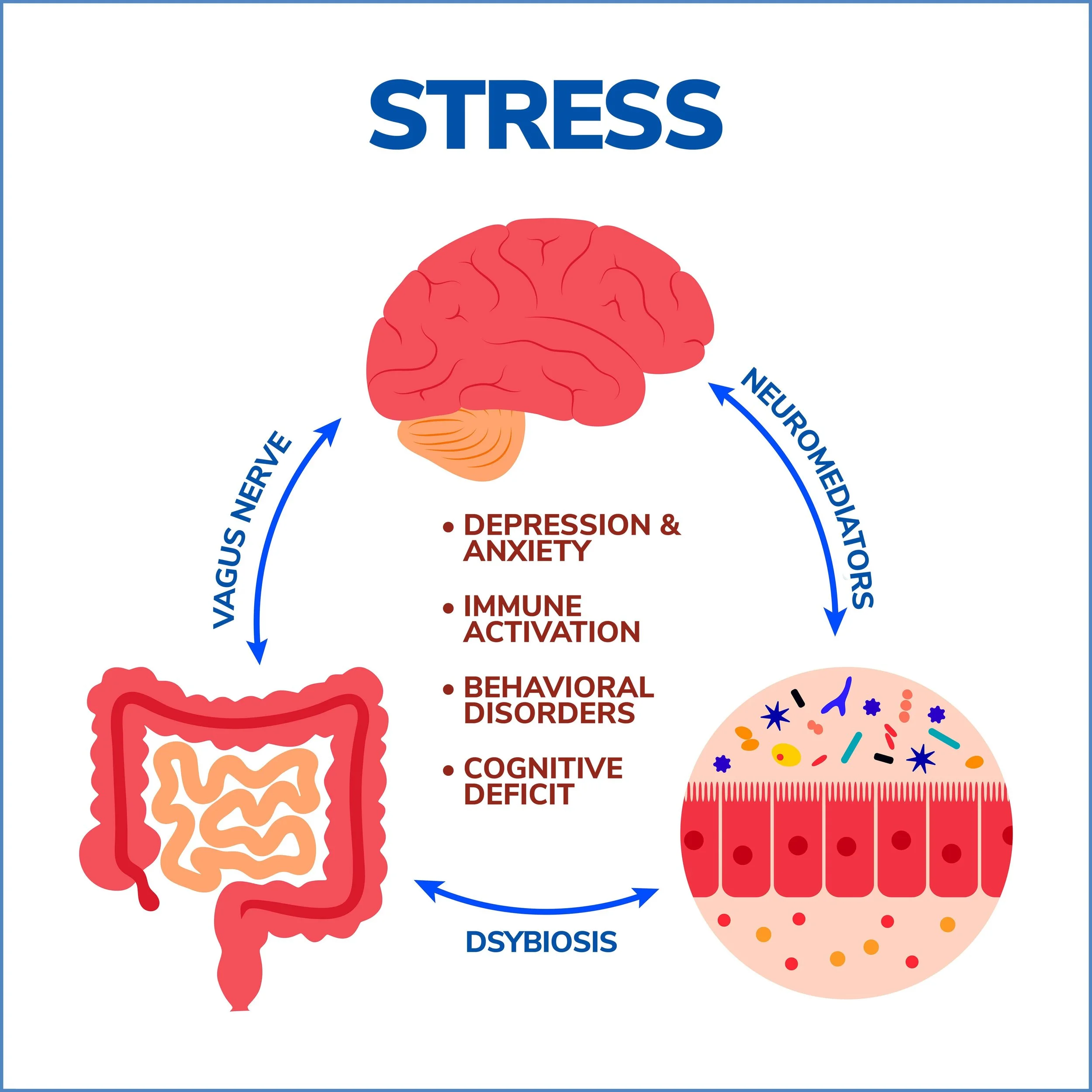-

Faith-based therapy
Christian-centered, not biblical. Similar but different.
Christian-centered therapy offers a compassionate approach that integrates faith with professional mental health care. It allows clients to explore emotional and psychological challenges through both spiritual and clinical perspectives, helping them strengthen their relationship with God while developing practical coping skills for life’s difficulties. This type of therapy acknowledges the importance of prayer, Scripture, and spiritual growth while using evidence-based techniques to promote healing and resilience.
The key difference between Christian therapy and biblical counseling lies in their foundations and methods. Biblical counseling relies exclusively on Scripture as the source of guidance and solutions, focusing on spiritual transformation through biblical principles. In contrast, Christian-centered therapy blends faith-based values with established psychological practices, ensuring that treatment addresses both the spiritual and mental health needs of the individual in a balanced, holistic way.
-

Relational Therapy
“Relational therapy, sometimes referred to as relational-cultural therapy, is a therapeutic approach based on the idea that mutually satisfying relationships with others are necessary for one’s emotional well-being. This type of psychotherapy takes into account the ways in which social and familial factors relate to the relationships in a person’s life.
In relational therapy, you learn to identify how you may be pushing people away rather than attracting them and also come to understand how these behaviors are related to past experiences. The goal is to develop new ideas and thinking patterns about relationships, build a strong relationship with the therapist, and use both the new ideas and the therapeutic relationship as a model to create healthier, longer-lasting relationships with the people around you. “
-Psychology Today
-

Somatic Therapy
“Somatic therapy is a form of body-centered therapy that looks at the connection of mind and body and uses both psychotherapy and physical therapies for holistic healing. In addition to talk therapy, somatic therapy practitioners use mind-body exercises and other physical techniques to help release the pent-up tension that negatively affects a patient’s physical and emotional wellbeing.
Practitioners of somatic therapy address what they see as a split between the body. Instead, they believe mind and body are intimately connected, though not always in apparent ways. Thought, emotions, and sensations are all believed to be interconnected and influence one another.”
-Psychology Today
-

EMDR
“EMDR is a structured therapy that encourages the patient to focus briefly on the trauma memory while simultaneously experiencing bilateral stimulation (typically eye movements), which is associated with a reduction in the vividness and emotion associated with the trauma memories.
Eye Movement Desensitization and Reprocessing (EMDR) therapy is an extensively researched, effective psychotherapy method proven to help people recover from trauma and PTSD symptoms.
Ongoing research supports positive clinical outcomes, showing EMDR therapy as a helpful treatment for disorders such as anxiety, depression, OCD, chronic pain, addictions, and other distressing life experiences (Maxfield, 2019). EMDR therapy has even been superior to Prozac in trauma treatment (Van der Kolk et al., 2007).”
-EMDRIA
-

CBT
“In CBT treatment, trained therapists help clients identify distressing thoughts and evaluate how realistic these thoughts are. As clients become aware of their thoughts and are able to evaluate them, they feel better.
CBT therapists also work with clients on solving problems, learning new skills, and setting and achieving meaningful goals. Although initially therapists and clients work together in session, therapists also empower clients by teaching them to evaluate their thoughts and practice their new skills on their own, outside of therapy.”
-Beck Institute
-

Horticulture related Therapy
Horticultural-related therapy uses gardening and interaction with nature as a powerful tool for healing and personal growth. Engaging in activities such as planting, nurturing, and observing plant life can reduce stress, improve mood, and foster a sense of accomplishment and mindfulness. This form of therapy supports emotional regulation, enhances focus, and promotes physical well-being through gentle movement and connection with the natural environment. For individuals struggling with anxiety, depression, trauma, or burnout, horticultural-related therapy provides a calming and restorative space that encourages reflection, growth, and resilience. By integrating nature-based activities into the therapeutic process, clients can experience improved mental health, increased self-esteem, and a deeper sense of connection to themselves and the world around them.
-

First Responders
First responders regularly face traumatic and high-stress situations that can take a serious toll on their mental and physical health. Seeking therapy is important because it helps them process difficult experiences, prevent burnout, and reduce the risk of conditions like anxiety, depression, and PTSD. Therapy also strengthens coping skills, improves focus and decision-making under pressure, and supports healthy relationships at work and home. By normalizing mental health care, first responders can break the stigma around seeking help and build a culture of resilience and wellness within their professions.
-

Educators
Educators face constant demands from students, parents, and administrators, often managing heavy workloads and emotional stress. Seeking therapy is important because it helps teachers process these pressures, prevent burnout, and maintain their emotional well-being. Therapy provides tools for coping with stress, improving classroom relationships, and setting healthy boundaries between work and personal life. When educators care for their mental health, they are better able to create supportive learning environments, model emotional resilience for students, and sustain their passion for teaching over the long term.
-

Clergy
Clergy members often carry the emotional and spiritual burdens of others while managing their own personal challenges. Seeking therapy is important because it provides a safe space to process stress, grief, and compassion fatigue that can result from constant caregiving. Therapy helps clergy maintain healthy boundaries, strengthen emotional resilience, and prevent burnout. It also supports their ability to lead with clarity, empathy, and balance, ensuring they can continue to serve their communities effectively while nurturing their own spiritual and mental well-being.
-

Healthcare Professionals
Healthcare professionals face intense emotional and physical demands as they care for patients in high-stress, often life-and-death situations. Seeking therapy is important because it helps them process grief, trauma, and exhaustion that can result from constant exposure to suffering and long working hours. Therapy provides tools to manage compassion fatigue, maintain emotional balance, and prevent burnout. It also supports healthy communication, teamwork, and personal well-being. When healthcare Professionals care for their mental health, they not only improve their own quality of life but also enhance the quality of care they provide to patients.
-

Sleep Related issues
Therapy for sleep issues is essential because quality sleep is deeply connected to mental, emotional, and physical health. Poor sleep can contribute to anxiety, depression, irritability, and difficulty concentrating, while ongoing stress and emotional distress can, in turn, worsen sleep problems. Through therapy, individuals can identify the underlying causes of sleep disturbances—such as stress, trauma, or unhealthy sleep habits—and learn techniques to improve restfulness, like relaxation strategies, cognitive restructuring, and healthy bedtime routines. Behavioral approaches, such as Cognitive Behavioral Therapy for Insomnia (CBT-I), are especially effective in breaking the cycle of sleeplessness.
R3 collaborates with licensed sleep medicine practitioners to ensure clients receive comprehensive care that addresses both behavioral and physiological aspects of sleep. This integrated approach supports improved sleep quality, restores balance, and enhances overall well-being.
-

Substance Use
Therapy for addiction and substance use is essential because recovery involves more than stopping substance use—it requires healing the mind, body, and behavior patterns that contribute to addiction. Through therapy, individuals can identify underlying emotional pain, trauma, or stressors that may drive substance use and learn healthier coping strategies to replace self-destructive behaviors. Therapy also provides accountability, support, and relapse prevention tools, helping clients rebuild relationships, regain stability, and strengthen their sense of purpose. By addressing both the psychological and behavioral aspects of addiction, therapy empowers individuals to achieve lasting recovery and improved overall well-being.
-

Financial Stress
Seeking therapy for financial issues is important because money-related stress can deeply affect emotional well-being, relationships, and decision-making. Financial difficulties often lead to anxiety, shame, or conflict, and therapy helps individuals understand and change the behavioral patterns that contribute to these struggles. When a therapist collaborates with a Certified Financial Planner (CFP) or Accredited Financial Counselor (AFC), clients benefit from a holistic approach that addresses both the psychological and practical aspects of financial health. The therapist focuses on behavioral health services—helping clients manage stress, build confidence, and make value-based decisions—while the financial professional provides expertise in budgeting, debt management, and financial planning.
*R3 does not provide financial planning or advisory services but works collaboratively with qualified financial professionals to ensure clients receive comprehensive care. Financial professionals operate within their licensed scope of practice, which includes assessing financial needs, creatingbbb budgets and savings plans, advising on debt repayment, and guiding clients toward long-term stability. By integrating behavioral health therapy with financial counseling, clients can reduce money-related stress, develop healthier financial habits, and create a more secure and balanced future.
-

Gut-brain Interaction
Seeking therapy for nutritional issues is important because it addresses the emotional and behavioral factors that influence eating habits. When a therapist works collaboratively with a Registered Dietitian/Nutritionist (RDN), individuals receive holistic care that supports both mental and physical health. This partnership allows the therapist to focus on behavioral health services—such as emotional regulation, stress management, and habit change—while the RDN provides medical nutrition therapy and expert dietary guidance.
R3 does not provide RDN services but collaborates closely with licensed RDNs to ensure clients receive comprehensive care. In North Carolina, the RDN scope of practice is defined under N.C.G.S. § 90-365(1a), which requires a license to provide medical nutrition therapy. Per N.C.G.S. § 90-352(3a), medical nutrition therapy involves providing nutrition care services to manage or treat medical conditions. According to N.C.G.S. § 90-352(4), this includes assessing nutritional needs, ordering related lab tests, setting nutrition goals, offering counseling in health and disease, developing and managing nutrition care systems, maintaining quality standards in nutrition services, and ordering therapeutic diets. By working together within these defined scopes, behavioral health professionals and RDNs can help clients improve both mind and gut health, fostering sustainable well-being.
-

Rx Management Referral
Seeking therapy alongside medication management is important because mental health treatment is most effective when behavioral and medical approaches work together. Therapists help individuals understand emotional and behavioral patterns, build coping strategies, and address the root causes of distress, while psychiatric professionals—such as psychiatrists and psychiatric nurse practitioners—focus on evaluating, prescribing, and monitoring medications that support mental health stability. This collaborative approach ensures clients receive comprehensive, personalized care that addresses both biological and behavioral needs.
R3 does not provide medication management or prescribe medications, but makes referrals and collaborates closely with licensed psychiatric professionals who do. These professionals operate within their licensed scope of practice, which includes conducting assessments, diagnosing conditions, prescribing and adjusting medications, and monitoring for effectiveness and side effects. By integrating behavioral therapy with medication management, clients benefit from a balanced approach that promotes emotional regulation, symptom reduction, and long-term mental wellness.

